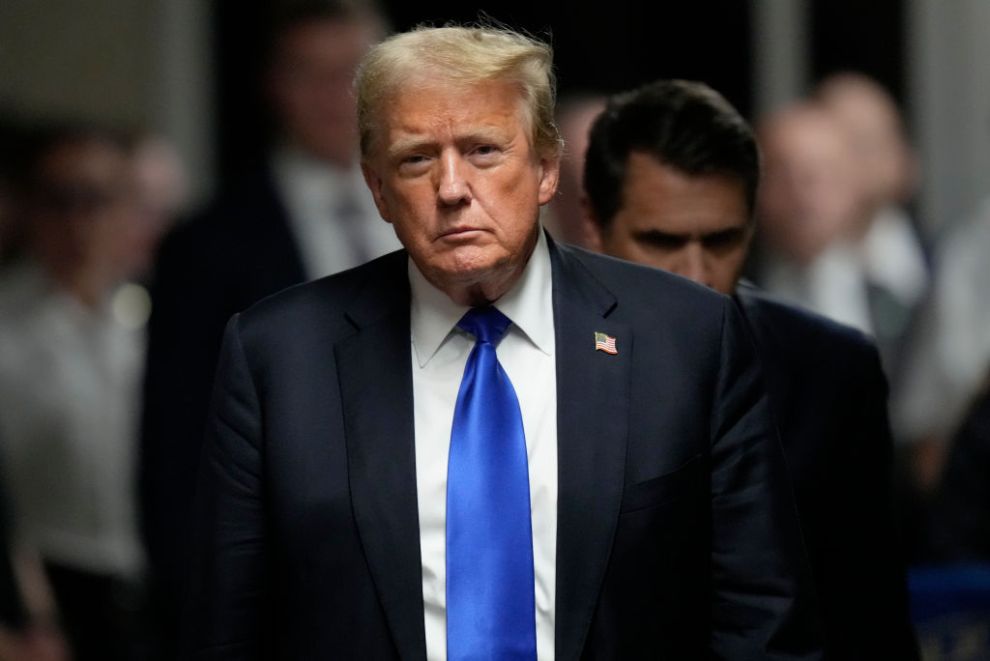A Manhattan jury found Donald Trump guilty of 34 charges of falsifying business records Thursday. This unprecedented and historic verdict makes Trump the first former president in American history to be convicted of a felony.
Historic Conviction Amid Trump’s Presidential Campaign
Trump is not only the first former president found guilty of a felony but also the first major-party presidential nominee to be convicted of a crime during a campaign for the White House. If he defeats President Joe Biden in November, he will be the first sitting president in history to be a convicted felon.
Manhattan District Attorney Alvin Bragg announced the charges against Trump last year, presenting the first indictment of a former president. Trump was accused of falsifying the repayment to his former lawyer, Michael Cohen, to cover up a $130,000 payment Cohen made to adult film star Stormy Daniels. This payment was to keep her from speaking out about an alleged affair with Trump before the 2016 election. Trump has denied the affair.
Throughout the seven-week trial, the district attorney’s office brought in 20 witnesses. They illustrated to jurors how the hush-money payment to Daniels was part of a pattern of payoffs to keep negative stories about Trump out of view before the election. Cohen, the prosecution’s key witness, described how Trump directed him to pay Daniels and then approved the scheme to repay him in $35,000 monthly installments in 2017. This amount was “grossed up” to account for taxes Cohen would have to pay.
Legal Implications and Future Prospects
Trump’s conviction does not prevent him from running for office or returning to the White House if he wins in November. However, it hurls the country into uncharted waters, as he has firmly secured his spot as the presumptive Republican nominee. His July 11 sentencing date comes just four days before he is set to officially become that nominee at the Republican National Convention.
He could face jail time, but first-time offenders on charges like Trump’s are rarely incarcerated. Judge Juan Merchan, who oversaw the case, withstood a cascade of attacks from Trump throughout the trial. The 12 New Yorkers returned with their verdict after roughly 11 hours of deliberation. Trump sat stone-faced in the courtroom, mainly motionless, only occasionally turning to face the jury.
To secure the felony conviction, prosecutors persuaded jurors beyond a reasonable doubt that the hush-money cover-up was to conceal or further some other crime. They portrayed the payoff as part of a broader “catch-and-kill” scheme to quash negative, salacious stories about him. Over roughly four weeks of testimony, prosecutors built that narrative through testimony from top 2016 campaign aides, Trump Organization employees, and star witnesses. Both Cohen and Stormy Daniels took the stand to testify against him.

